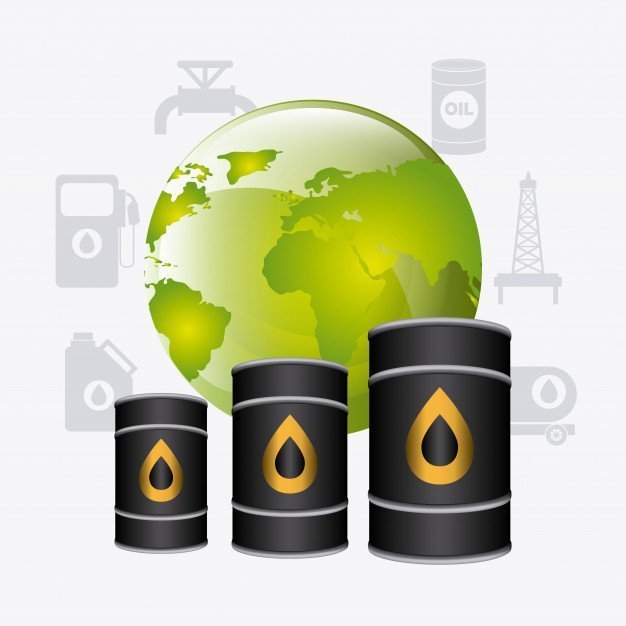Oil giants are turning to nature to close the income gap.
Oil companies such as BP and Shell are nurturing nature as a future source of income and are at stake in the expected rise in carbon credit prices as fossil fuel profits decline.
BP invested $ 5 million in Finite Carbon, a company that brings forest owners and companies looking to offset their emissions that cause global warming with afforestation.
The climate change goals adopted in Paris in 2016 have set in motion a growing but immature carbon offset market as companies and countries try to line up. With oil prices falling, this market offers new revenue streams by showing that investing in projects to generate credit to European oil giants is a simple and convenient task, in a time of evaporation of the appetite for new exploration.
At a time when carbon is increasingly restricted in the world, investing in carbon capture will make sense and, over time, a good commercial opportunity.
However, the intervention of Big Oil is splitting environmentalists in two. Some are suspicious the interest of major pollutants in nature conservation, with a concern that they want to take part in projects in a market where they may largely benefit from attempts to solve a problem they have created. Others state anyway that the money goes to projects of universal benefit.
While some industries such as the European Union, California and Australia are covered by law-protected carbon trading schemes, such state-sponsored markets are unfortunately not available in most of the world. This leaves most emitters with a small, handful of volunteer carbon offset market that started in the last 15 years.
And the price is expected to rise as more loans are seeked.
Shell’s budgets, for example, are based on a carbon price of 85 dollars a ton or about 70 euros by 2050; that’s more than twice the current price of just under 30 euros in the EU carbon trading scheme.
While each volunteer market has its own entry rules, it often works by approving loans for carbon-reducing projects that protect forests or wetlands, helping to replace wood or coal-burning stoves with cleaner fuels.
According to the data, the entire voluntary carbon offset market was worth about $ 300 million last year and was offset for about 104 million tons of carbon dioxide equivalent (CO2e).
According to calculations, compared to 33 billion tons of CO2e emitted by the energy sector alone in 2019, 2.1 billion tons of this seems to come from the products of European main energy companies.
In a report published in November, it is thought that the voluntary market needs to grow 15 times more to reach its target of preventing a catastrophic climate change.
Major oil companies are playing a growing role as they try to establish themselves in the new carbon neutral world order. For example, Total is said to be allocating around $ 100 million a year for nature-based solutions for creating loans. It is said that Shell plans to spend an average of $ 100 million on nature-based carbon offsets over the next one or two years.
BP’s investment in Finite Carbon has gone into software that allows landowners to earn money from planting new trees or preserving existing woodlands.
According to British bank Barclays, it is estimated that such nature-based offsets could eliminate up to 12 billion tons of emissions per year, thanks to spending of $ 120-360 billion by emitters.
However, since there is no global standard for assessing the carbon impact of a project or pricing loans, a loan for the same project can bring higher earnings on sale than another.

